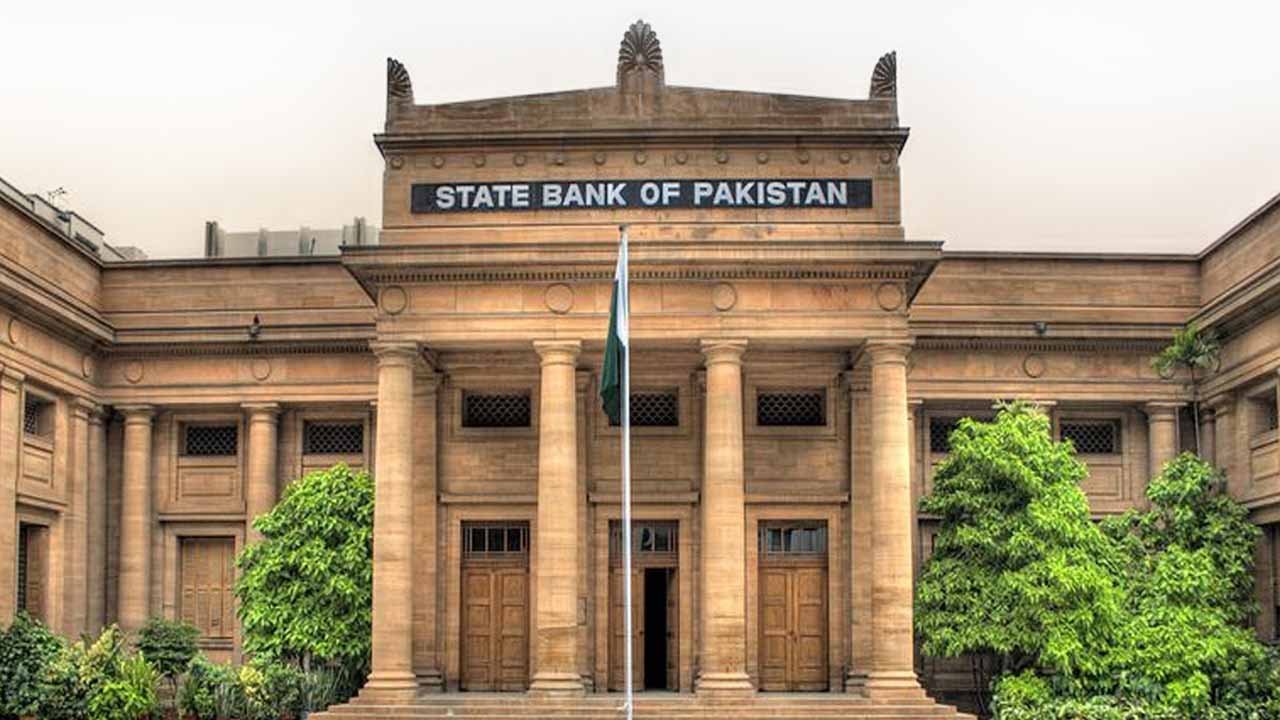Pakistan has unveiled a project to generate energy through alternative means, seeking the support and collaboration of the International Monetary Fund (IMF). According to sources, negotiations were held between the IMF mission and the officials of the National Climate Change and Planning Commission under the National Clean Air Policy.
The sources state that the plan to derive 60% of energy from alternative sources by 2030, as part of the IMF mission, has been shared. Additionally, there are initiatives outlined to impose restrictions on 30% of electric vehicles and income coal by 2030.
It is reported that the IMF mission has agreed to allocate one percent of the Gross Domestic Product (GDP) annually for climate change expenditure, as per the recommendation to address seasonal climate changes.
As part of the Clean Air Policy, the IMF mission was briefed on the Green Energy Mix and the Billion Tree Tsunami project. It was highlighted that restrictions on burning residues of crops are in place to control environmental pollution, and the implementation of Euro 5 and Euro 6 transport technology policies is underway under the National Clean Air Policy.
The sources indicate that briefings were also provided on increasing credit and exploring other financing options between the federal and provincial governments for the implementation of the Clean Air Policy. Moreover, preparations for the upcoming COP28 in the United Arab Emirates were discussed during the briefing.
The National Adaptation Plan was also deliberated, specifically addressing actions related to the pre-emptive warning system. It is important to note that the IMF delegation is currently in Pakistan to assess the progress of the Stand-By Arrangement, engaging in technical negotiations with national authorities.



